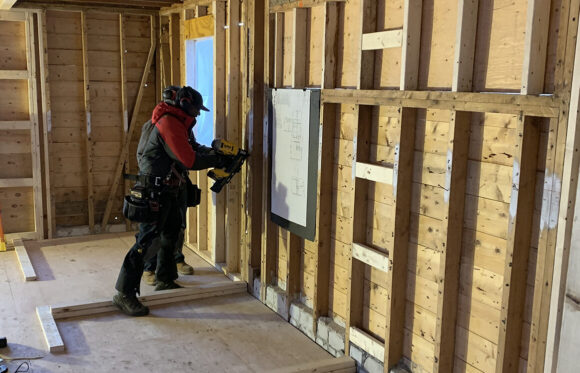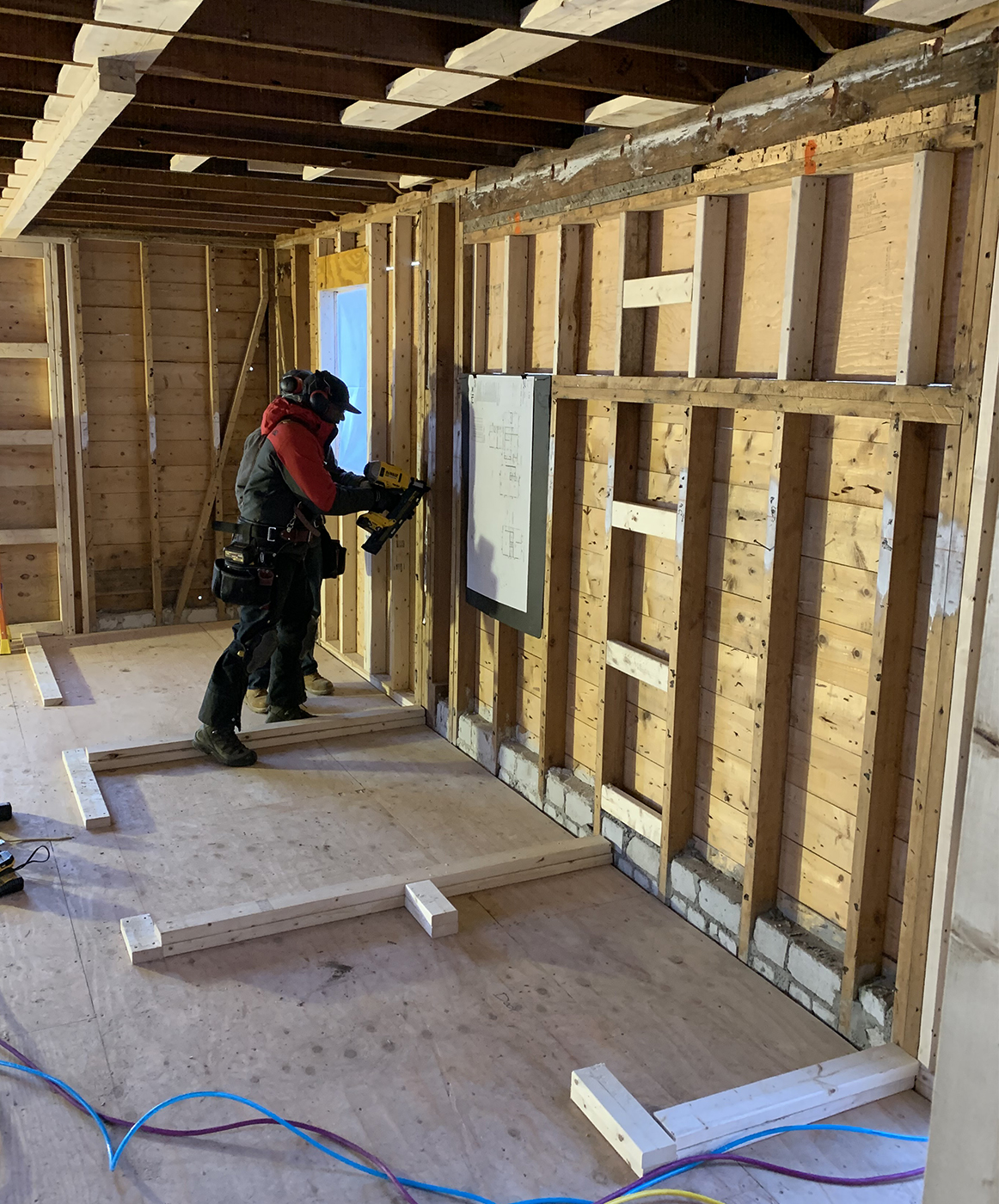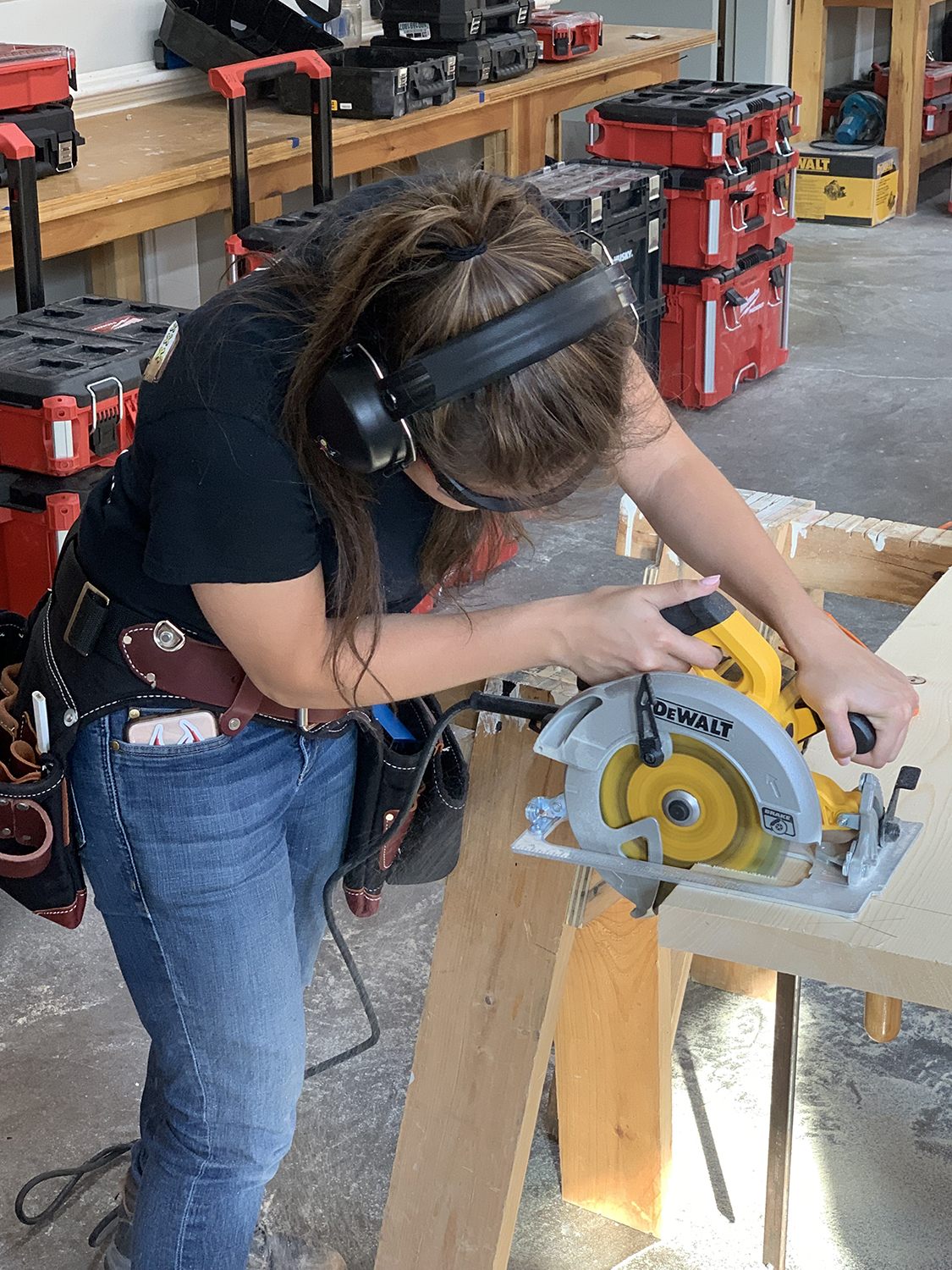Which Path to Take to Your Career in Carpentry?

Categories
CarpentrySo, you’ve decided. It’s time to take your woodworking skills from a hobby to a full-time career. Maybe you’re a recent high school graduate, someone with practical (but limited) experience, or looking to shift professions entirely.
No matter where you land along the career path, you’re ready for the change. And why not? Carpentry is an in-demand skill by anyone’s measurement and an integral part of any construction project. Carpenters enjoy flexibility, good pay, and the satisfaction of building or making something that will last for decades to come.
But some questions you may be asking yourself are, “Do I look into an apprenticeship, or is it better to complete a school carpentry program?” “What training do I need to make the leap to full-time work?” and “What licensing requirements does my state have?”
How do you know which path makes the most sense for you? The answer isn’t always clear, and it depends on your own goals. Let’s take a closer look.
What can you expect in an apprenticeship?
Advantages
- You typically work for someone who could offer you full-time employment.
- Most apprenticeships offer some sort of wage for your work.
- You are learning on-the-job, so it’s a practical way to acquire skills.
- Some apprenticeships offer a portable certificate of completion.
Keep in Mind
- What skills you learn and the tools you use will depend on the person you’re learning from. Are they a master carpenter, with a variety of well-honed skills, or are they specialized in one area only?
- Often apprenticeships focus on a specific job (i.e. rough or finish carpenter), so you may not get a well-rounded education.
- You may work for a solid carpentry firm, but you may or may not be assigned to a great carpenter. Even then, teaching itself is a very specialized skill and that master carpenter may or may not be a great teacher.
- Since you’re learning on the job, many of the tasks you will be entrusted to perform will be low-level and repetitive.
- Finding an apprenticeship, let alone the right fit for you, may prove a challenge.
What can you expect from a carpentry program, like the kind offered at NBSS?
Advantages
- You’ll learn from a diverse team of qualified professionals and educators.
- You’ll benefit from a program specifically structured for student learning and the acquisition of a broad range of knowledge and skills.
- You’ll be part of a large learning/support community including faculty, instructors, guest presenters, and other students.
- Graduating from a well-known school with strong career education can open a broad range of career opportunities.
- Many schools, NBSS included, offer a range of financial aid including “free money” like grants and scholarships, as well accept veterans education benefits, among other specialized funds.
Keep in Mind
- Education and training programs require an up-front investment, and it’s good to know what kind of return you can expect.
- You will not be earning a wage as you learn. But still may be able to work part-time, and develop income and skills through client-based commissions.
Of course, we can only give you a broad overview here. The best way to know what path is best suited to you is to do your research. As a reminder, school scholarships can often offset the tuition and materials costs of a carpentry program.
For more information on starting a career in carpentry, read our related blog post here. Plus, we always enjoy talking with individuals considering careers in our areas of expertise. Feel free to contact us to learn more about the carpentry program, or what informational resources we might be able to offer.




